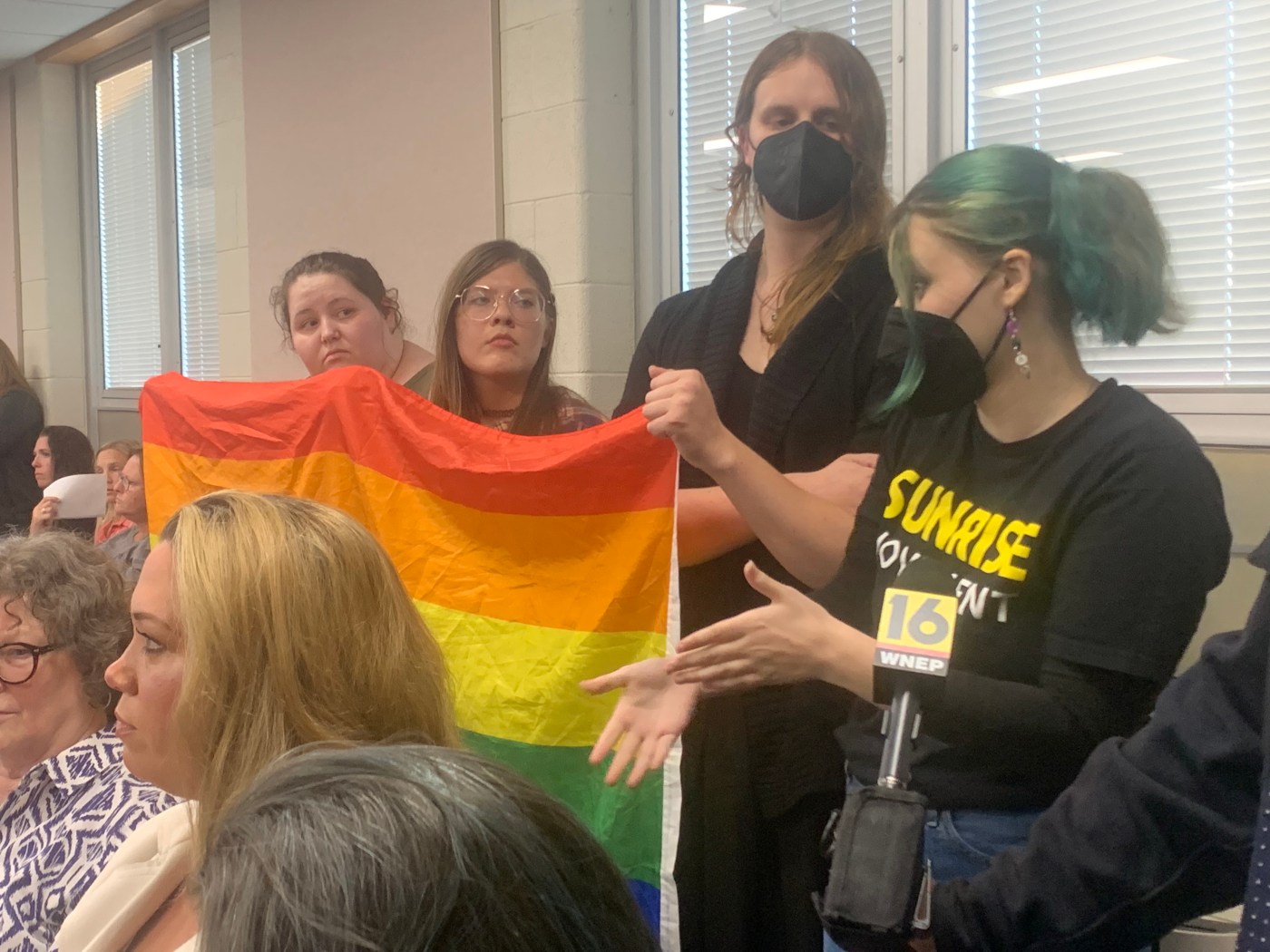Controversy has erupted in the Berwick Area School District of rural Northeast Pennsylvania following the adoption of new policies that affect transgender students. The Education Law Center of Pennsylvania (ELC) has formally challenged these policies, arguing that they violate state and federal civil rights laws. The ELC’s concerns center around two specific regulations: one that monitors the names of transgender students and another that dictates bathroom usage based on biological sex.
On September 8, 2023, the school board approved these policies, prompting the ELC to send a letter outlining their legal implications. The school district has yet to respond to requests for comments regarding the controversy.
Legal and Ethical Concerns Raised
According to Kristina Moon, an attorney with the Education Law Center, the organization was approached by parents and community members worried about the potential impact of these policies. Moon asserts that Berwick Area is among an increasing number of school districts in Pennsylvania adopting what she regards as anti-LGBTQ policies. She emphasized the need for school leaders and their legal teams to understand the rights of transgender and nonbinary students.
The ELC cites federal legal precedents, including Bostock v. Clayton County and Doe v. Boyertown Area School District, which affirm protections for students based on gender identity and sexual orientation. These protections are further reinforced by the Pennsylvania Human Relations Act, which explicitly prohibits discrimination based on sexual orientation or gender identity.
In 2023, the Pennsylvania Human Relations Commission adopted an interpretation of the act that strengthens these protections, a development the ELC believes underscores the illegality of the Berwick policies.
The new name and gender policy mandates that students’ legal names and sex assigned at birth be registered with the district by a parent or guardian. For transgender students wishing to identify according to their gender identity, parental approval is required to file that gender with the school. Additionally, the policy prohibits the school from withholding information about a student’s gender identity from their parents or guardians.
The bathroom policy requires that students use facilities corresponding with their sex assigned at birth, allowing transgender students to use single-use facilities if they choose. This arrangement, the policy states, aims to balance various rights, including the rights of teachers and parents within the local community.
Community Reactions and Implications
Supporters of the policies argue that separating transgender and cisgender students protects privacy and aligns with traditional community values. However, the Education Law Center contends that respecting students’ preferred names and pronouns is crucial for maintaining their privacy and mental well-being. They warn that failing to do so could lead to increased rates of depression and suicidal ideation among transgender students, creating a hostile educational environment.
Moon highlighted that protecting the privacy of transgender students does not hinder family dynamics. School counselors often work with LGBTQ students in a confidential manner, helping them navigate their identities safely.
The ELC also challenges specific provisions within the district’s policies, including the requirement for students to produce birth certificates to attend school. They argue this contradicts state law and infringes on students’ privacy rights by forcing them to disclose preferred names and pronouns to their parents.
While acknowledging federal law mandates that student records be available for parental review, the ELC maintains that there is no requirement for schools to disclose preferred names proactively or include them in official records.
“It is a balance of interests,” Moon stated. “Courts have upheld school policies that respect both parental input and student privacy, provided it is safe to do so.”
As the Education Law Center builds its case against Berwick Area’s policies, it faces a shifting legal landscape. Under the administration of former President Donald Trump, an executive order was issued on his first day in office that redefined government policy to recognize only two sexes, male and female. This order has prompted some supporters of the Berwick policies to claim federal backing for their stance.
Nevertheless, the ELC warns that reliance on executive orders may mislead school districts. They emphasize that established state and federal law, enacted by legislative bodies and interpreted in courts, cannot be overridden by executive action.
In a recent ruling, the U.S. District Court for the Eastern District of Pennsylvania upheld the rights of transgender students, rejecting a motion that would have barred transgender girls from participating in female sports, despite the executive order. “A presidential executive order does not have the force of law and cannot supersede federal and state statutes or case law,” Moon concluded in the ELC letter.
This ongoing legal battle in the Berwick Area School District highlights the complex interplay between local policy, state and federal law, and the rights of students, particularly those within the LGBTQ community. The outcome may set significant precedents for how schools across the country handle similar issues.







































































